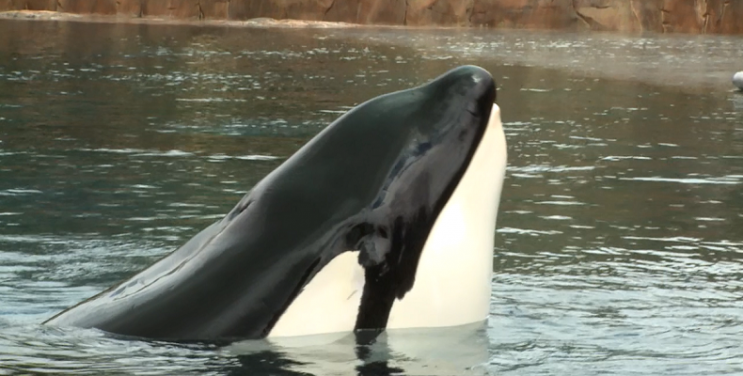-
Tips for becoming a good boxer - November 6, 2020
-
7 expert tips for making your hens night a memorable one - November 6, 2020
-
5 reasons to host your Christmas party on a cruise boat - November 6, 2020
-
What to do when you’re charged with a crime - November 6, 2020
-
Should you get one or multiple dogs? Here’s all you need to know - November 3, 2020
-
A Guide: How to Build Your Very Own Magic Mirror - February 14, 2019
-
Our Top Inspirational Baseball Stars - November 24, 2018
-
Five Tech Tools That Will Help You Turn Your Blog into a Business - November 24, 2018
-
How to Indulge on Vacation without Expanding Your Waist - November 9, 2018
-
5 Strategies for Businesses to Appeal to Today’s Increasingly Mobile-Crazed Customers - November 9, 2018
Killer whale Tilikum extremely ill, SeaWorld says
Tilikum was at the center of the 2013 CNN documentary “Blackfish”, which gave a disturbing portrayal of the captivity of the killer whales in SeaWorld, which in response called the film false, misleading and “emotionally manipulative” propaganda.
Advertisement
Since the release of Blackfish, SeaWorld has been under intense pressure to end killer whale shows in its parks.
In an official statement, SeaWorld say: ‘We are saddened to report that over the past few weeks, Tilikum’s behavior has become increasingly lethargic, and the SeaWorld veterinary and animal care teams are concerned that his health is beginning to deteriorate’.
‘Despite the best care available, like all aging animals, he battles chronic health issues that are taking a greater toll as he ages.
Tilikum was also one of three whales involved in the 1991 death of trainer Keltie Byrne, who had fallen into the pool at Sealand in Victoria, Canada and was dragged under water by the whales.
Killer whale Tilikum watches as SeaWorld Orlando trainers take a break during a training session at the theme park’s Shamu Stadium in Orlando, Fla., in 2011. Veterinarians have been treating the infection with antibiotics, but the suspected bacteria are resistant to treatment, according to SeaWorld.
After being caught somewhere off the coast of Iceland in 1983, Tilikum has spent 23 of his estimated 35 years at SeaWorld.
SeaWorld said in November that it planned to phase out its signature killer whale show.
The People for Ethical Treatment of Animals (PETA) tweeted on Tuesday that SeaWorld should “move the orcas to sanctuaries, where they could enjoy a more natural life”.
Advertisement
Three orcas performing for visitors at the SeaWorld Orlando. Seaworld continues to deny that the conditions of captivity are creating an environment of poor physical and mental health for these marine animals, but other wildlife experts and activists disagree.





























